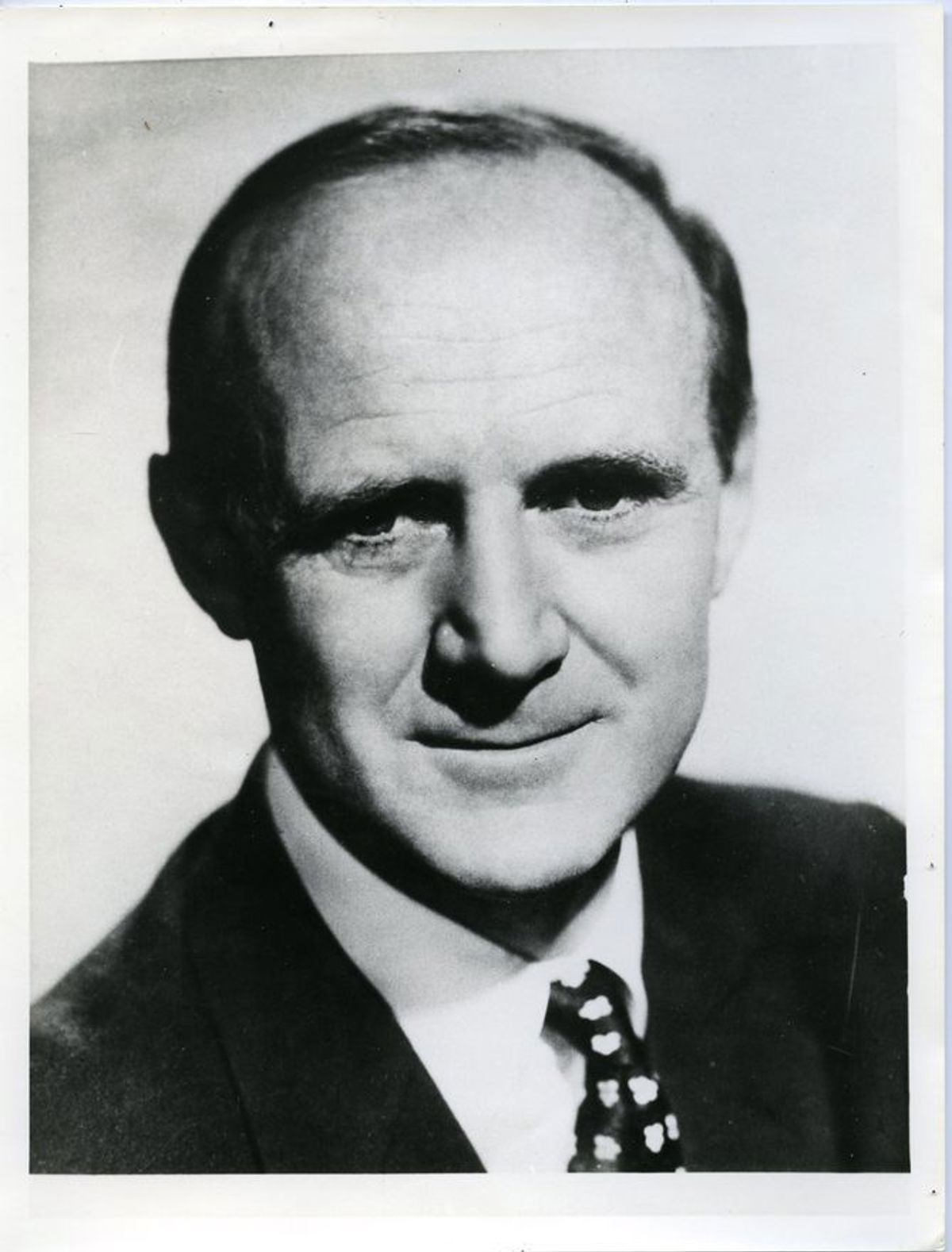Sir William Pickering
The rocket scientist responsible for developing America’s first satellite and then led its unmanned deep space research grew up in Motuweka/Havelock. Sir William (Bill) Pickering was director of the National National Aeronautics and Space Administration's (NASA) Jet Propulsion Laboratory for 22 years.

Born in Wellington in 1910, Pickering moved to Motuweka/Havelock when he was four years old, following the death of his mother. He was raised by his paternal grandparents, William and Kate Pickering.
His rural upbringing left him with many practical skills, such as fixing electric appliances and machinery, which ended up being of great benefit in his future career.
Pickering attended Wellington College, then studied electrical engineering at Canterbury University for a year before transferring to the California Institute of Technology, where he completed three degrees in physics and electrical engineering.
From there he worked at California’s new Jet Propulsion Laboratory where he quickly built an excellent reputation and became a popular director. JPL was later encompassed with NASA to conduct unmanned deep space research.
Projects he managed as director included:
- Explorer missions that sent the first US satellite to orbit Earth
- Ranger missions which took close-up pictures of the Moon
- Surveyor missions that landed unmanned spacecraft on the Moon
- Mariner and Pioneer planetary fly-by missions
- Voyager 1 and 2 planetary fly-by missions
Pickering received many honours including a National Medal of Science (USA), an honorary knighthood from the Queen, and an Order of Merit (New Zealand). He twice made the cover of Time Magazine.
He died in 2004, aged 93. A memorial in Havelock is dedicated to Bill Pickering and fellow scientist Ernest Rutherford.